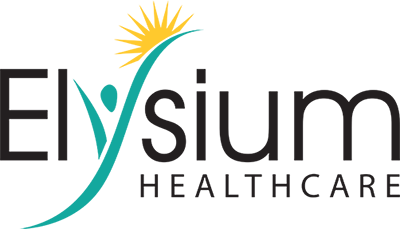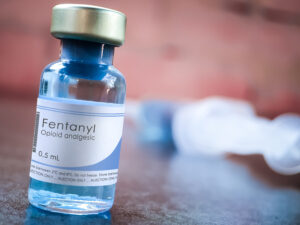Addiction is a rampant problem that greatly affects members of the LGBTQ community.
In fact, LGBT addiction statistics show that adults in the community are twice as likely to use illicit substances and suffer from substance abuse disorders.
Let’s have an in-depth look at addiction in the LGBTQ community and how it differs from its counterpart.
LGBT Addiction Statistics on Drug Use
In comparison to heterosexuals, the LGBTQ community faces different challenges. LGBT addiction statistics show that the community also has different preferences when it comes to the substances they abuse.
Furthermore, the community has a number of drugs that are almost uniquely related to them. Poppers are an example of this.
These drugs dilate blood vessels and allow more blood to reach the heart. Usually, these drugs are combined with other drugs like Ecstasy to increase their potency. However, they are primarily used by the gay community to enhance their sexual experiences.
The drug methamphetamine is also commonly used in the community as a means of enhancing sexual experiences. Meth has been reportedly used as a means to make group sexual encounters last for extended periods and as a way to enhance pleasure.
LGBT addiction statistics also show that other popular substances in the community include alcohol, tobacco, GHB, ecstasy, and prescription opiates.
LGBT Addiction Statistics on Co-occurring disorders
There are a number of mental health conditions that coexist with substance use disorders within the LGBTQ community. Just as they are with other addicts.
These disorders can lead addicts in the LGBTQ community down a path of desperation and mental health degradation. Making it even more difficult to get proper treatment and recovery.
LGBTQ and heterosexual communities are both commonly afflicted with depression, anxiety, and PTSD, which are all trauma-related disorders. However, there are some differences in the ways each community is affected by co-occurring disorders.
For example, LGBT addiction statistics show that the community is more likely to experience depression than their heterosexual counterparts. This could ultimately lead to more addictions in the community.
Unequal Treatment Access and Outcomes
Despite the fact that LGBT addiction statistics show higher rates of substance abuse in the community, there appear to be significant disparities when it comes to treatment access and outcomes.
Some of these barriers might include:
- Discrimination
- Lack of understanding
- Lack of accommodation for their gender
- Lack of understanding from healthcare providers
- Difficulties connecting with staff
Furthermore, LGBT addiction statistics show that those in the community may have lower rates of treatment completion and higher rates of relapse compared to the general population.
This could be partly due to the lack of culturally competent care that takes into account the unique needs and challenges of LGBT individuals.
Ultimately, members of the LGBT community may feel more comfortable seeking treatment in an environment that is inclusive and sensitive to their unique needs.
An empathetic and welcoming environment may help them adjust to a recovery program more easily.
For LGBT addiction statistics to change for the better, it’s critical that rehabs and treatment providers be aware of the unique challenges that the community faces. This will enable them to meet their needs adequately.
Finding Inclusive Treatment
Finding inclusive treatment in the LGBTQ community could represent the difference between a healthy outcome and the need to come back to visit the rehab.
Thus, finding a treatment center that meets the needs of the LGBTQ community is a critical step in their recovery.
Elysium Healthcare is an open community that understands the needs of the LGBTQ community and that is prepared to attend to its own unique demands.
If you are a member of the LGBTQ community struggling with addiction contact us immediately to see how we can help.








No comment yet, add your voice below!